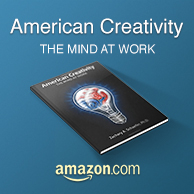How often do people read manuals? Rarely. The only time people pull out the manual is when an appliance or vehicle breaks down. Why should relationships be any different? We don’t go into a friendship or marriage with a set of guidelines that outlines how to navigate the intricacies of social life, because we try to make the best decisions possible, learn from our mistakes, and retain our knowledge to pass on to others. Such is the cycle of life. However, when intimate or ongoing relationships break down, many people have no clue how to react.
At this point, it would be wise to sit down and at the bare minimum talk through some guidelines for how to move forward. Successful relationships accomplish effective communication through informal conversations as their relationships progress, but others need a codified “Relationship Guide” to help them make better decisions, especially when children or work-related matters are involved. Just because people need to sit down and talk about how their relationship can be improved does not mean that the relationship is failing. This is a normal process of all relationships, and the successful ones have simply found the right way to communicate; unfortunately there are no universal guidelines.
Mediation is one process that leads to customized Relationship Guides that help people focus on the necessary issues and make decisions that benefit each party. These plans help people stay focused on what is important and can eliminate unproductive and emotionally draining conflict. Most important, the co-constructive process of creating the Relationship Guide allows each party to discuss what they find important and necessary to move forward. It is not a cookie-cutter set of instructions but rather a living document that helps each party move forward with their lives and refocus on what is really important in life.



